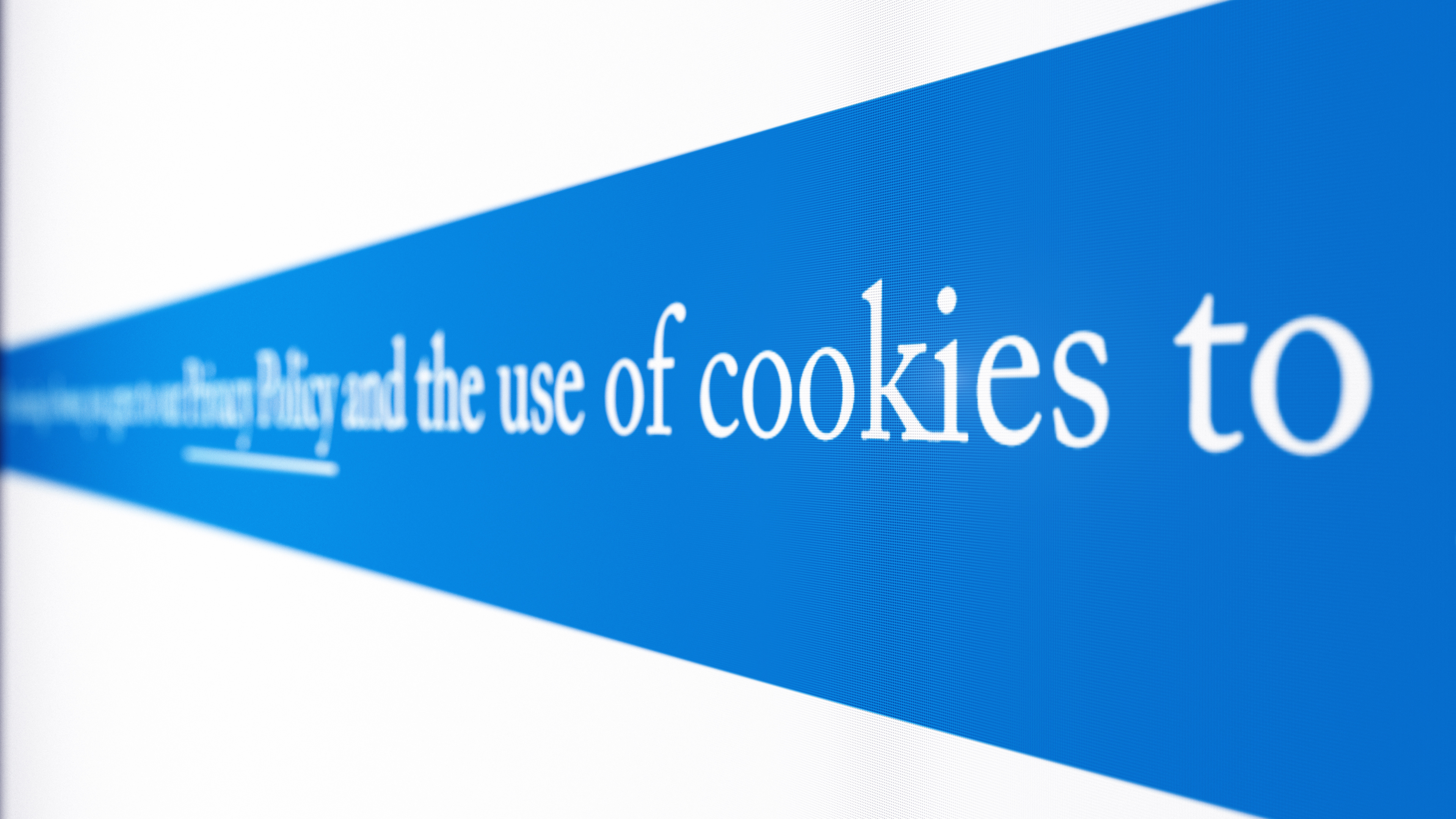Beginning February 2020, and following in Safari and Firefox’s digital footsteps, Google is moving ahead on plans to block third-party cookies on its web browser, Chrome. As it rolls out the change, it will begin forcing third-party cookies to operate over HTTPS.
Cookies are files deposited in a browser when someone visits a website and retain information like form entries and login status. From a digital marketing point of view, it allows advertisers to target people with ads for sites they have previously visited, as well as track which ads produce sales. Google is now planning to restrict advertising software companies and other organizations from connecting their browser cookies to websites that they do not operate. This, in turn, will make third party cookies on Chrome obsolete.
Google’s announcement to kill third-party cookies on Chrome comes after the launch of its new initiative known as Privacy Sandbox. Launched in August 2019, Privacy Sandbox aims to develop a ‘set of open standards to fundamentally enhance privacy on the web.’ The end goal for this open-source initiative is to make the Internet more secure and private for all users while still supporting publishers.
On 14 January 2020, an update on Privacy Sandbox was released by the director of Chrome Engineering, Justin Schuh. The update gave new insight into the initiative, including its plans to render third-party cookies obsolete within the next two years. Even though both Apple Inc.’s Safari and Mozilla Corp.’s Firefox browsers already block third-party cookies, this announcement by Google is a significant step for digital marketing as Chrome is used by the majority of internet users.
But website publishers can rest assured that the use of first-party cookies – useful cookies – will not be affected by this move.
Third-Party vs. First-Party Cookies
Third-party cookies get a bad wrap as they are created by domains other than the one the user is visiting, and are used for tracking and advertising purposes. Often users unknowingly generate third-party cookies even if they do not click on ads, and let advertisers or analytics companies track a user’s browsing history across the web on any sites that contain their ads.
First-party cookies are created by a website a user is visiting, and consider within the industry as good cookies. These types of cookies provide a better user experience allowing browsers to remember useful information, including usernames and passwords, what someone adds to their shopping cart, and language preferences. Overall, first-party cookies have a more positive effect on the user experience – browser support, setting and reading cookies, and availability – as well as privacy.
Businesses Have Two Years To Get Ready
Even though killing third-party cookies on Chrome will change everything, but does not come as a surprise as it has been expected within the industry for months. Google has given advertisers two years to wean themselves off the use of cookies as the first origin trials will only be starting at the end of 2020. Both users and regulators have been questioning how businesses with access to cookies have been using them. Significant data breaches, as well as new privacy laws in California and Europe over the last three years, have prompted this change for Google’s Chrome.
The reason for the two years is that Google will not allow new restrictions to go int effect until the company has considered a better, privacy-protecting way forwards. Once Google kills third-party cookies on Chrome, it will still allow tracking to continue without passing personal information onto advertisers. This will give Google more power, but also increase privacy online.
Stay tuned to Elevated’s blog for updates on this developing story.
Looking for a new strategy, more leads, better conversion, or supplemental Marketing team resources? Contact us today for a free marketing assessment.




